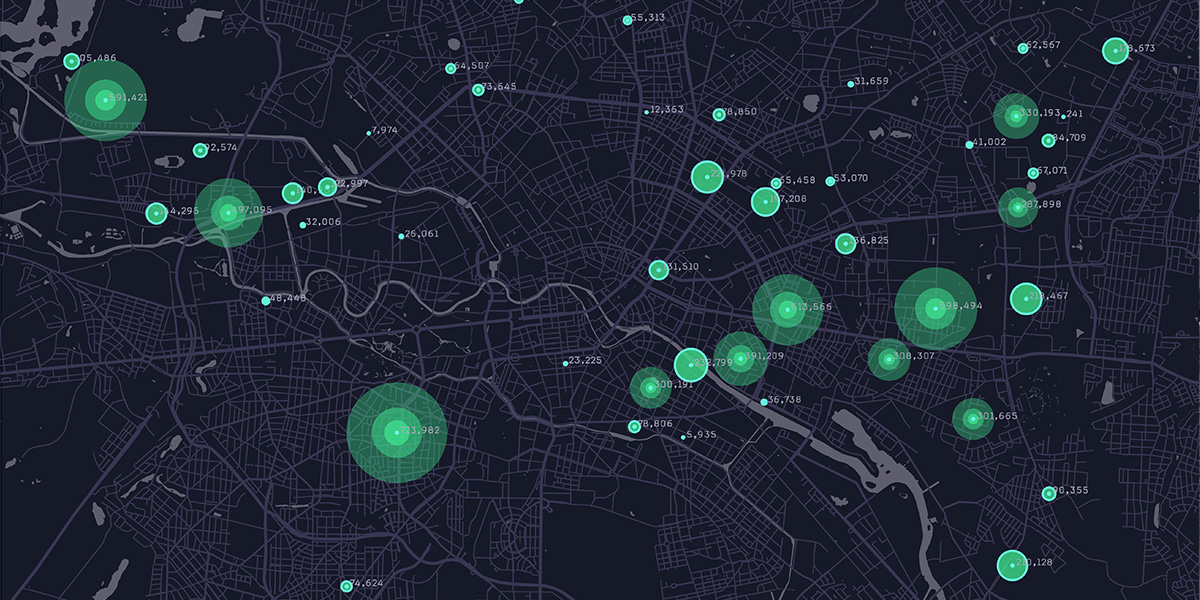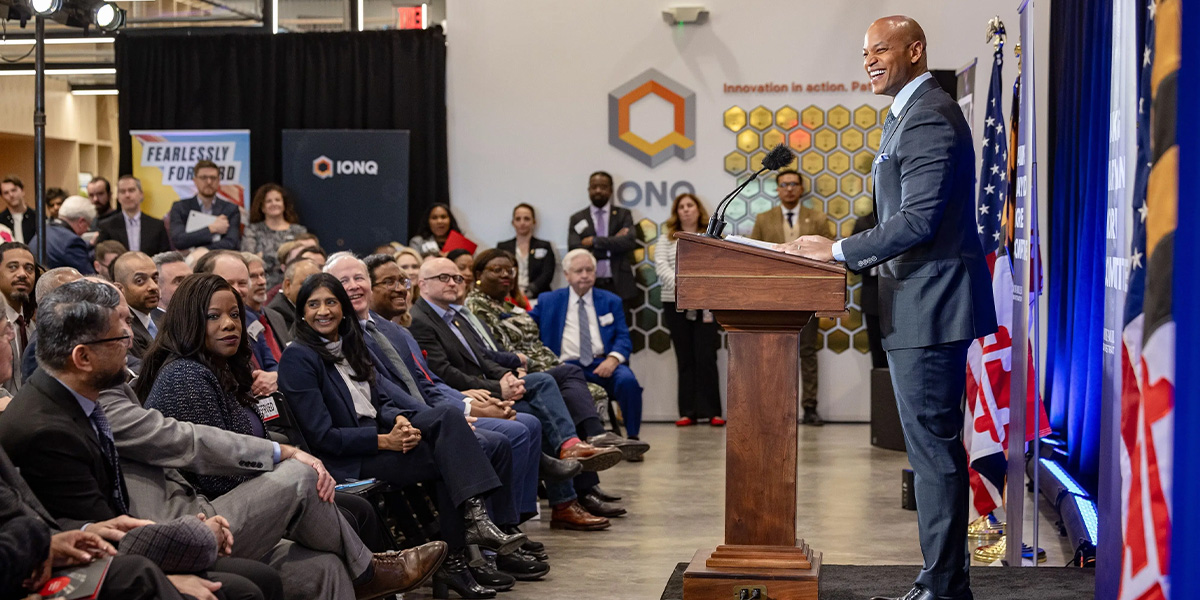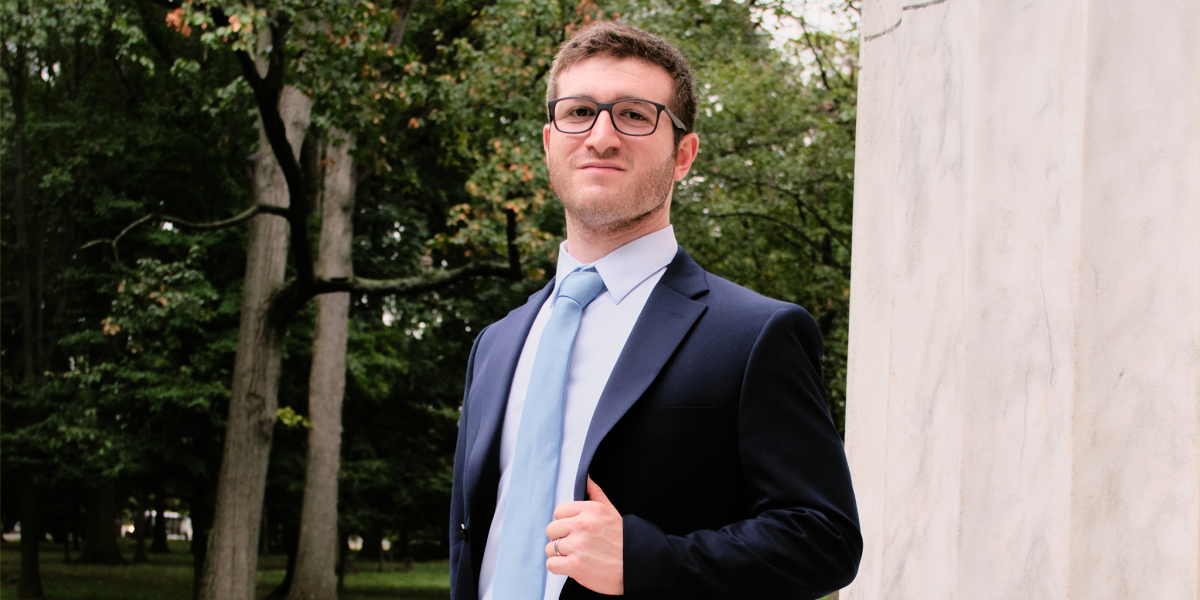News

The American flag waves in the breeze beside the NC State Memorial Belltower. At LAS, teams of industry, academic and government partners work side-by-side to enhance intelligence analysis through innovative technology. (Roger Winstead/NC State University)
News Release: LAS Announces 2025 Collaborators (ft. Cody Buntain)
February 4, 2025 | Katherine Kershaw | Laboratory for Analytic SciencesSeventeen faculty from 11 universities and three companies will conduct LAS research projects this year

Photo licensed by Adobe Stock
Capturing How Blind Pedestrians Navigate Their Environments to Expand Accessibility
January 28, 2025 | Laurie RobinsonResearchers created a motion dataset to train autonomous vehicles on how blind individuals move

Photo licensed by Adobe Stock
PROGRESS Issues First-Ever Grants to Advance Innovation in Gun Violence Research
January 16, 2025 | BSOS Staff | UMDUMD's PROGRESS Initiative funds groundbreaking research projects tackling gun violence with innovation and collaboration

UMD News Release: Gov. Moore Launches $1 Billion “Capital of Quantum” Initiative Anchored by UMD
January 14, 2025 | UMD CommunicationsStrategic Partnership Aims to Cement State and Greater-D.C. Region as a World-leading Hub for Quantum Science and Innovation

Photo courtesy of unsplash.com
News Release: A rising trend of ‘murderous verbs’ in movies over 50 years (ft. Babak Fotouhi)
January 2, 2025 | Jeff Grabmeier | Ohio State NewsStudy finds all types of movies contain more violence

InfoSci alum Aaron Shimanov
Alumni Profile: A Budding Career in Protecting the Nation Against Cyber Threats
January 2, 2025 | Laurie RobinsonA profile of InfoSci alum Aaron Shimanov

(Video) CAFe Speaker Series: “Centering Community and Care in Rapid Response Research”
December 18, 2024 | INFO StaffFeaturing Anna Kijas, Assistant Director of Digital Scholarship, Head of the Lilly Music Library, Tufts University

